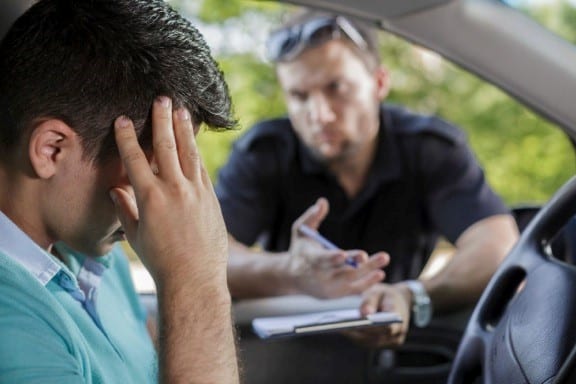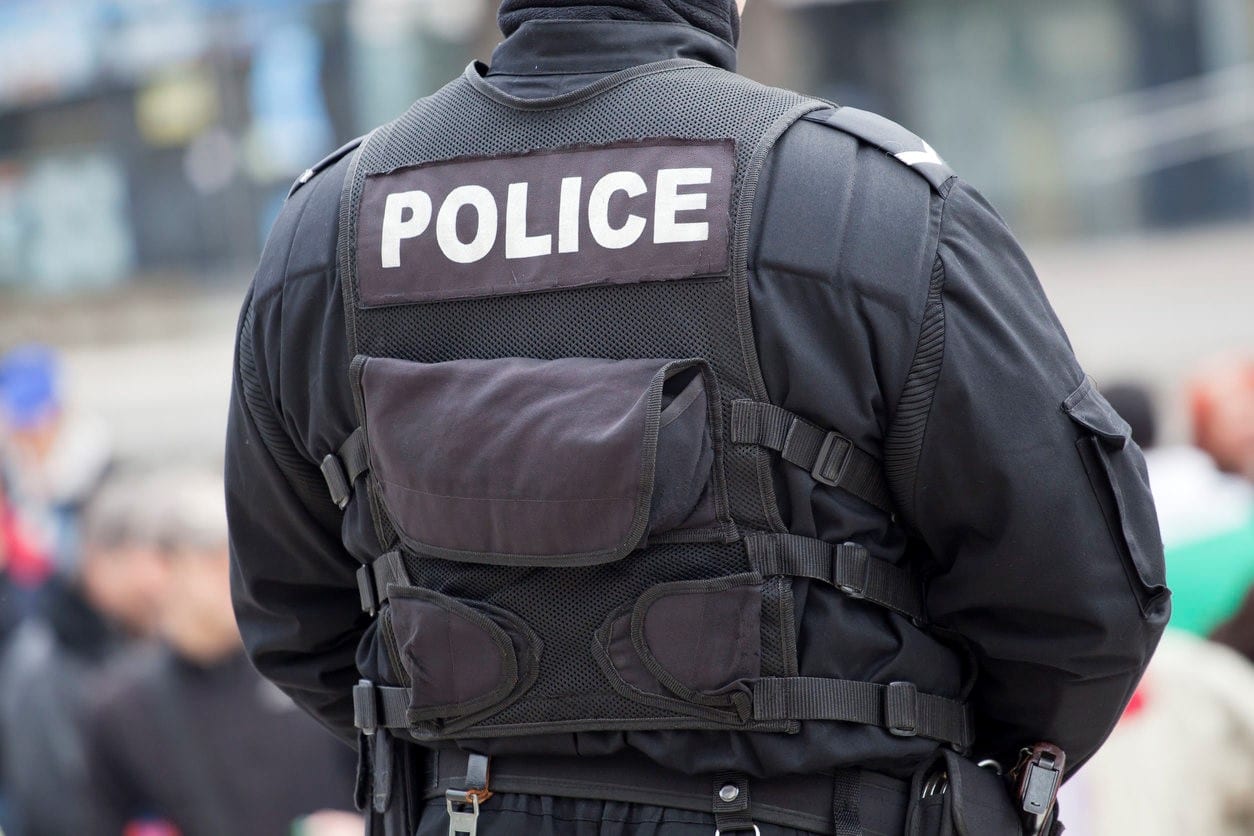
There is no denying the current tension between citizens and members of law enforcement, especially in our state. After the shooting of Philando Castile and the subsequent protests, many citizens have begun to ask about their rights while speaking with law enforcement officers so that they know what they are required to say and do and how to protect themselves legally.
To help, we created this handy guide. Below, you can read about your rights when you are in a confrontation with a police officer so that you know how to handle yourself..
In Any Situation: Remember that in any conversation with law enforcement, what you say can and will be used against you. Whether you are apologizing for your actions after an auto accident or making threats to police while being arrested, your words can come back to haunt you later in court.
When in doubt, remain silent. You’ve heard this time and time again on crime dramas, but it still remains true: you have the right to remain silent. This is true whether you are speaking to law enforcement officials on the street or if you are being interrogated after an arrest.
If You Are Pulled Over: You can be pulled over for a variety of reasons, but without your consent, your car (as well as your person or any of your property) cannot be searched. Additionally, in most situations Minnesota law does not require you to identify yourself while speaking with police officers. However, you are required to show an officer your driver’s license and proof of insurance if you are pulled over while driving.

Minnesota does not have DUI checkpoints, but you may find yourself being pulled over on suspicion of driving under the influence. If this is the case, an officer might ask you to take a chemical test (breath, blood, urine) to determine your blood alcohol content. Like many other states, Minnesota has “implied consent” laws that allow law enforcement to arrest citizens for refusing to take chemical tests. You do, however, have the right to contact your attorney before taking a chemical test.
If the Police Come to Your Home: If the police show up to your door without reasonable cause to believe a crime is taking place, you do not have to speak to them or let them into your home. Just like searching a car, police officers need to obtain a warrant to search your home.
However, if there is reasonable cause to search your home (if someone calls in on suspicion of domestic violence, the police hear screaming, and so on), they are legally allowed to enter and search your home.
If You Are Recording Police Activity: Minnesota, along with 37 other states, allows citizens to record police activity. You may be threatened with arrest or harassed by officers who are the subjects of your recording, but you cannot be arrested because you are recording the police.
If, however, your recording gets in the way of police officers performing their legal duties, you may be arrested for obstruction of justice. If you are recording police officers while engaging in “disorderly conduct,” you may also be arrested on charges of disorderly conduct. But if a police officer threatens to arrest you while you are calmly recording that officer or colleagues, this is illegal and you are completely within your rights. Read more about effective ways to record police activity while staying within your rights here.
If You Are Involved in a Protest: Under the First Amendment, you have the right to free speech and to advocate for change. Similar to recording police activity, you may face threats or harassment from police while engaged in a protest. You may be arrested for obstruction of justice, criminal damage to property, or disorderly conduct, but peacefully protesting is perfectly within your rights.

If You Are Put Under Arrest: You have the right to know if you have been put under arrest, and you also have the right to know why you are being put under arrest. If the police have found a reasonable cause for your arrest, you may face extra charges or dangers for resisting arrest. Upon your arrest, you will most likely be detained, or held in custody. After you have been arrested or charged with a crime, police will have the right to search your home and property.
If you have been arrested (lawfully or unlawfully), you have the right to speak to an attorney. Contact a Minnesota criminal defense lawyer immediately to discuss your arrest, your rights, and your defense strategy.
About the Author:
Christopher Keyser is a Minneapolis-based criminal and DWI defense attorney known for fighting aggressively for his clients and utilizing innovative tactics to get the most positive results. He has been featured in numerous media outlets due to the breadth and depth of his knowledge, and recognized as a Minnesota Super Lawyers Rising Star (2014–2016), a Top 100 Trial Lawyer (2013–2016), and a Top 40 Under 40 Attorney (2013–2016).





